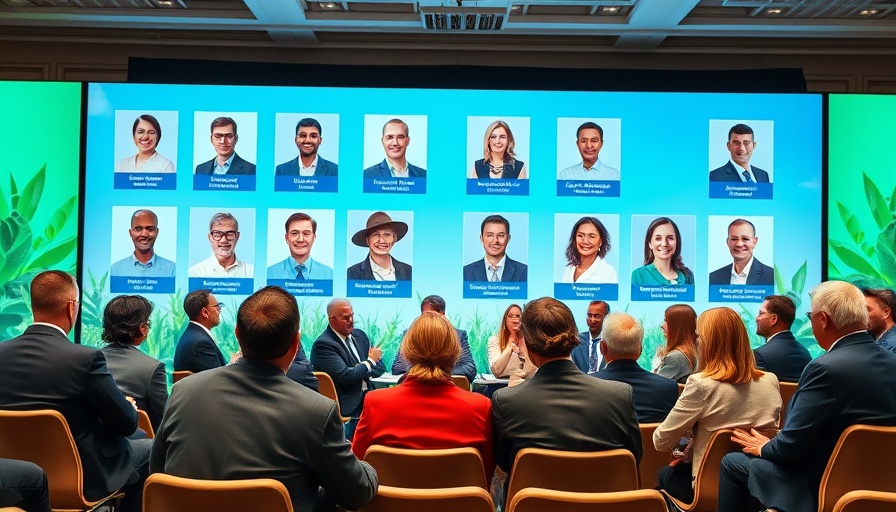
Indonesia's Renewed Commitment to Energy Transition
Indonesia is taking significant strides toward renewable energy realization with its newly launched 10-year power procurement plan, also known as the Electricity Supply Business Plan (RUPTL) 2025–2034. This initiative aims to generate a staggering 69.5 gigawatts (GW) of new power capacity by 2034, primarily sourced from renewable energies. The ambitious targets feature 76% driven by renewables, including solar, hydro, wind, and geothermal energy. Such a marked shift from the past, especially given Indonesia’s historical reliance on fossil fuels, has drawn attention from industry observers and investors alike, indicating a true commitment to fostering sustainable living in the country.
The Urgency of Policy Reforms
While the RUPTL symbolizes progress, experts warn that enabling policy reforms are crucial to enable effective implementation of these ambitious goals. As Paul Butarbutar from the Just Energy Transition Partnership highlighted, Indonesia has at times reverted to coal when prices declined, creating uncertainty and delaying the deployment of renewable projects. For the new plan to succeed, robust policies must accompany the developmental framework to bolster funding and supply chains for renewable projects.
A Clear Market Signal for Private Sector Engagement
John Colombo, the country manager at Clime Capital, emphasized that the new procurement plan offers a definitive signal to the market. With an increasing demand for renewable energy from various sectors, including data centers and emerging industries, this plan sets the stage for the private sector to engage in clean energy ventures. Therefore, those in eco-conscious industries should act promptly to align their investments with the energy transition that Indonesia is embarking upon.
Your Role in Supporting Renewable Initiatives
The shift towards renewable energy isn't just for corporations—individuals and communities play an integral part. You can contribute to a greener future by opting for eco-friendly products, supporting businesses with sustainable practices, and advocating for strong environmental policies. From reducing your carbon footprint to actively participating in community-driven sustainability initiatives such as community gardens, every action counts.
Cleaner Energy for a Sustainable Future
The RUPTL highlights that by 2034, Indonesia plans to produce 42.6 GW of new renewable capacity, with solar energy taking the lead at 17.1 GW. As the nation progresses, the focus on energy efficiency will further enhance its decarbonization objectives. Organizations and individuals alike must align with these initiatives to realize Indonesia’s vision of a zero-carbon future.
Final Thoughts: The Time for Action is Now
In conclusion, while Indonesia's RUPTL unveils a promising outlook for its energy sector, real change hinges on concerted efforts from both the government and citizens. The current momentum should ignite increased public awareness and participation in sustainability practices. By embracing clean energy solutions and supporting eco-friendly initiatives, we can collectively steer our communities towards a sustainable future.
 Add Row
Add Row  Add
Add 



Write A Comment